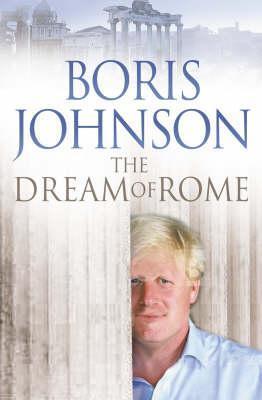What do you think?
Rate this book


304 pages, Paperback
First published January 1, 2006
Get a month named after yourself
In 27BC Roman senators conferred on Octavian the title Augustus as a sign of respect, and after his death they clearly wanted to spread that respect further. They had already renamed the Roman month Quintilis to Julius in honour of Julius Caesar after his death, and when Augustus died in 14AD, they changed Sextilis to Augustus – hence the months July and August.
Perhaps September could be renamed Boristember in honour of Johnson’s spectacular start in No 10?